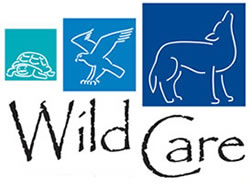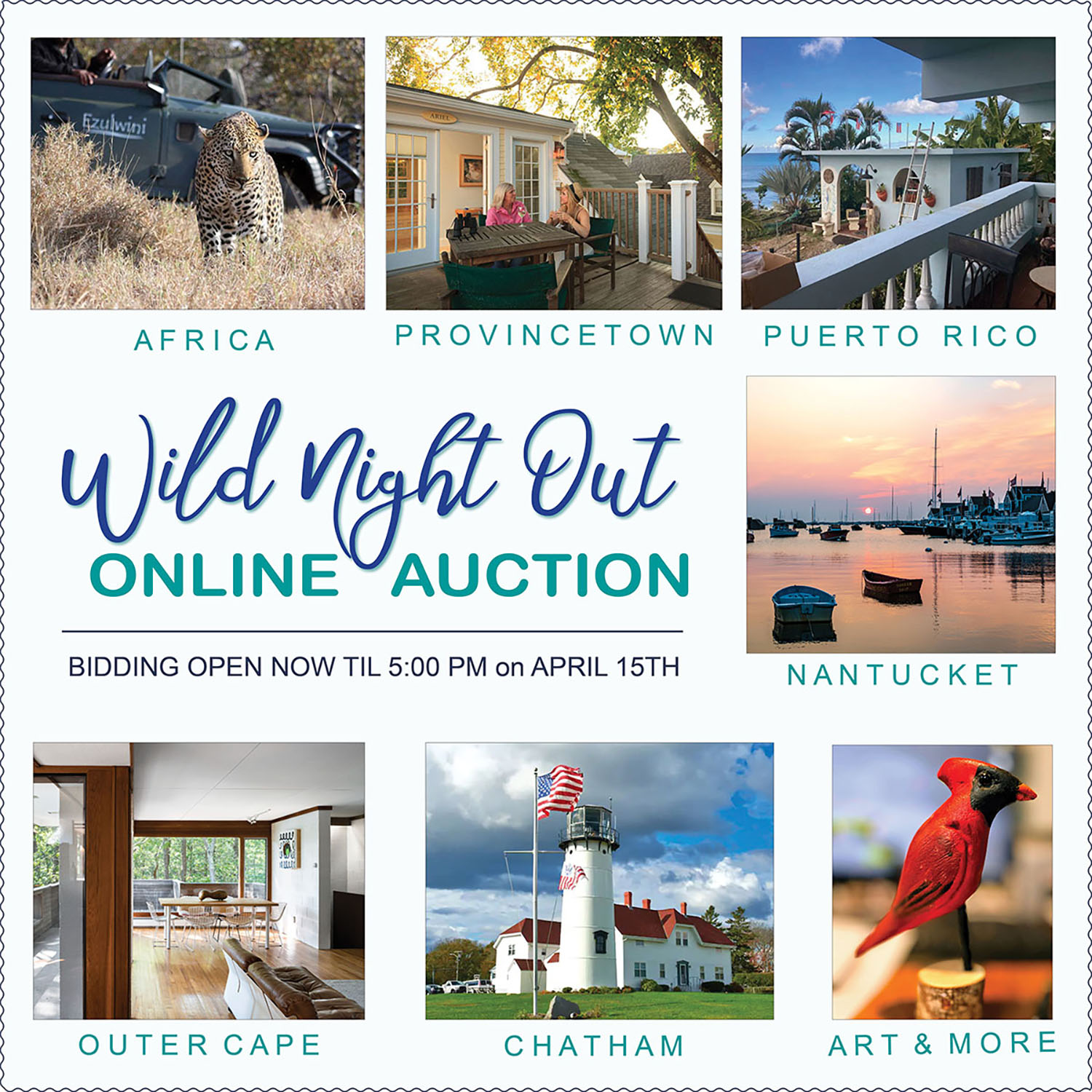Wild Care releases rehabilitated Black Scoter ducks
Two weeks ago we reported on a pair of Black Scoter ducks that were recovering with the wildlife rehabilitators at Wild Care in Eastham.
Black Scoters are sea ducks that migrate south to our waters from the tundra in winter. These two ducks came in separately within a few weeks of each other. The male scoter was found beached on Nauset Beach in Orleans. The bird was missing the distal tip of his lower beak. The female was found in the parking lot of Beachcomber in Wellfleet. Not the usual hangout for a sea duck! They both arrived dehydrated, emaciated, hypothermic, and had wounds.
Scoters are very social, so the two supported each other during their rehab. They swam together in Wild Care’s warm therapy pools and enjoyed spending time with each other.
Now fully recovered, the Scoters were released today. Below is the report from Jennifer Taylor, Wild Care Animal Care Coordinator.

“We released them at Mill Pond in East Orleans. It was great. They both swam directly away and stayed together. The male took off flying after about 5 minutes, made a big circle and then landed by her side. We never saw her fly. I went back there 1/2 later and they had joined a couple dozen Buffleheads and Red-breasted Merganzers. I watched with my binoculars for about 40 minutes. The female stayed right with the male.” – Jennifer Taylor, Wild Care Animal Care Coordinator
Article originally published here: http://www.capecodtoday.com/article/2016/12/31/229865-Wild-Care-releases-rehabilitated-Black-Scoter-ducks
Wild Night Out Online Auction
READY, SET, BID… We are so excited to announce that our Wild Night Out Online Auction is now live!
READ ALL NEWS
CALENDAR OF EVENTS
04 April, 2024
Wild Night Out Online Auction
EVENT DETAILS
05 April, 2024
Wild Night Out
EVENT DETAILS
28 February, 2024
Wildlife Winter/Spring Talk Series
EVENT DETAILS

DID YOU KNOW??
Wild Care has a state-of-the-art seabird therapy pool, which allows seabirds and waterfowl to exercise on running water. This will help our bird friends recover more quickly so they can get back to their watery habitats!

